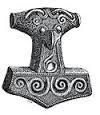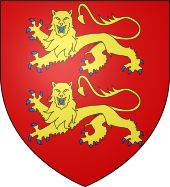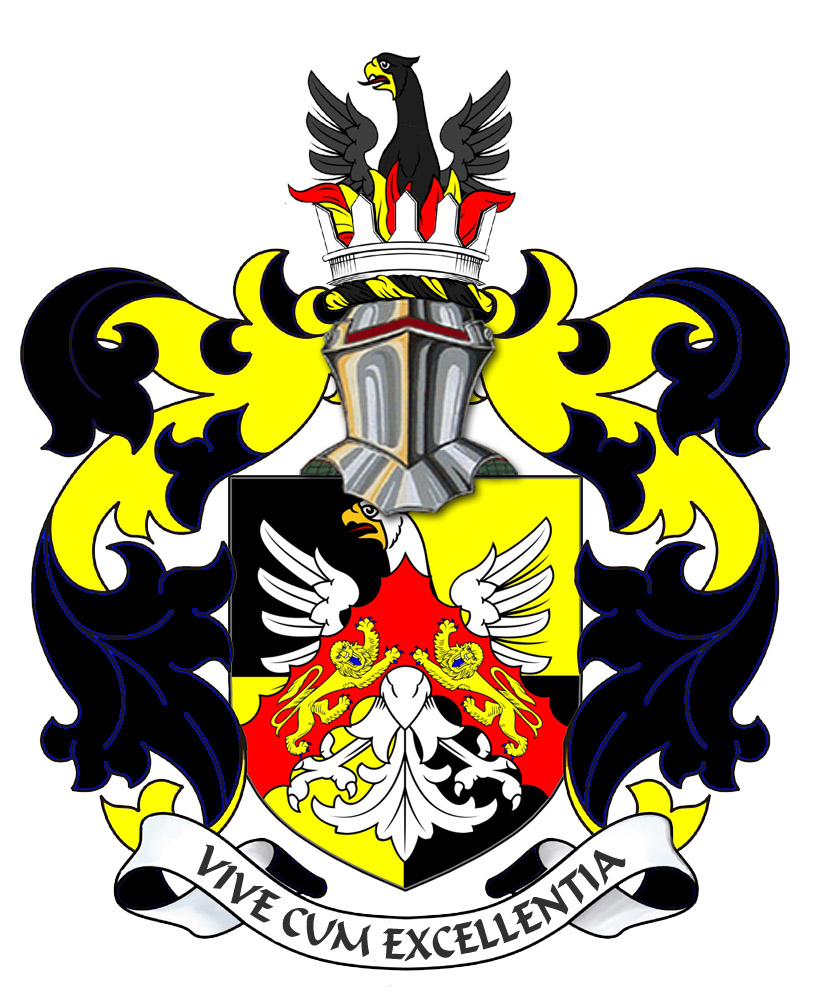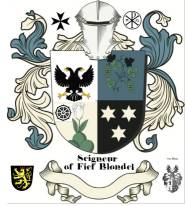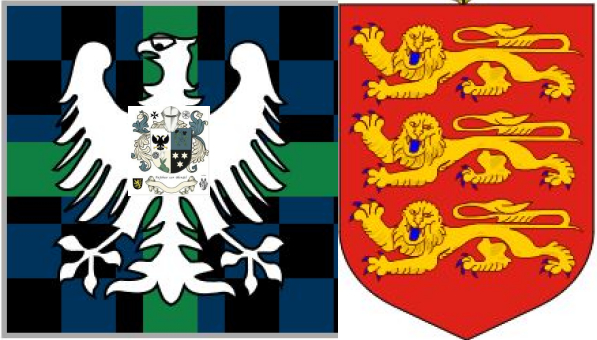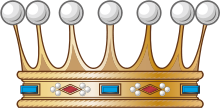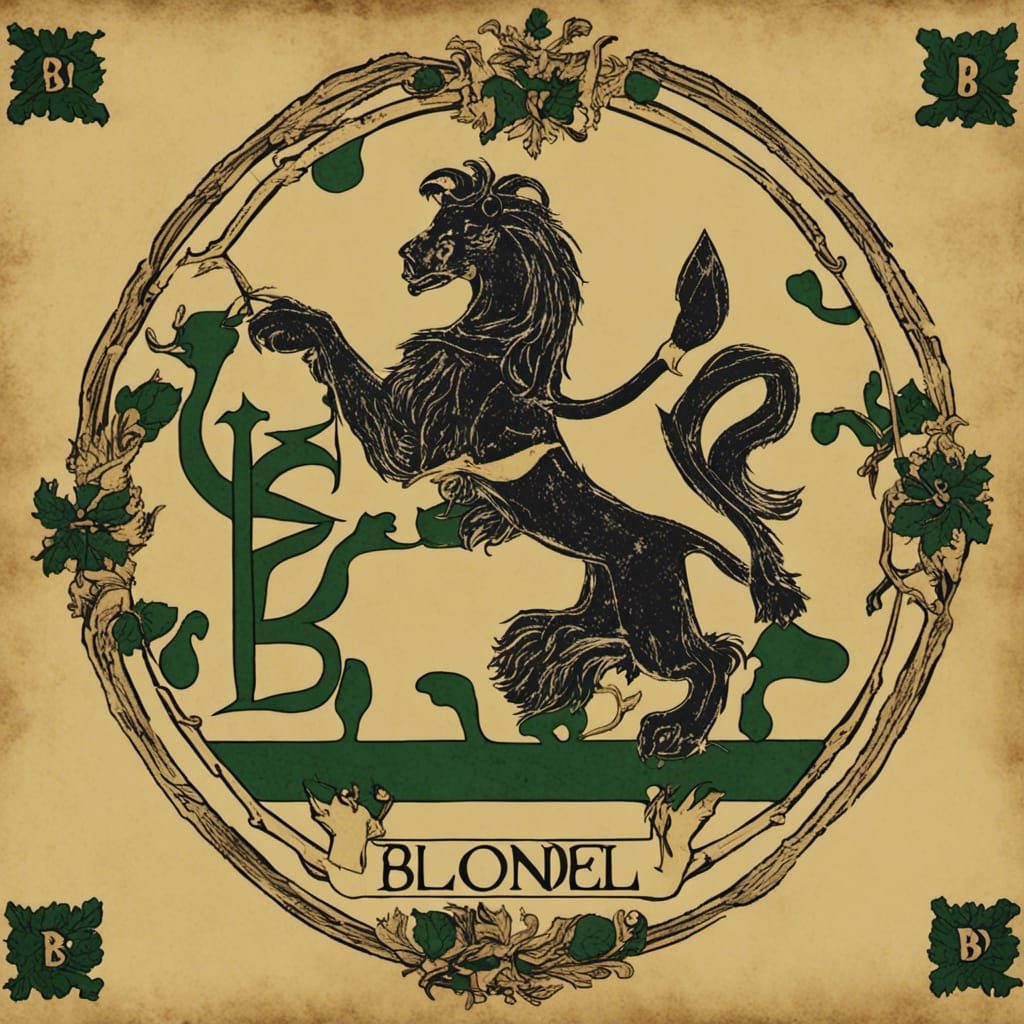The Duke of Normandy - The Lords of Normandy
The Chief Lords of Normandy in 1066
Before the Norman Conquest of England in 1066, the titles of the prominent Norman lords varied, reflecting
their positions and territories within the Duchy of Normandy. Here are the titles of some of the notable lords
mentioned earlier:
1. Roger de Beaumont: Roger de
Beaumont held the title of Viscount of Beaumont-le-Roger before the conquest. The title of Viscount denoted his position as a local noble with administrative and
judicial responsibilities within his territory.
2. Roger de Montgomery: Roger de
Montgomery held the title of Seigneur de Montgomery (Lord of
Montgomery) before the conquest. This title indicated his lordship over the town and castle of Montgomery in
Normandy.
3. House of Giroie: The Giroie family were
lords of the district of Avranches in Normandy. They held the title of Seigneur d'Avranches (Lord of Avranches).
4. House of Tosny: The Tosny family held
the title of Seigneur de Tosny (Lord of Tosny) before the conquest.
This title signified their lordship over the town and surrounding lands of Tosny in Normandy.
5. House of Mortain: William of Mortain,
the half-brother of William the Conqueror, held the title of Count of
Mortain before the conquest. The title of Count indicated his status as a high-ranking noble with
significant landholdings and authority within his domain.
6. Richard FitzGilbert,
Lord of Clare: Richard FitzGilbert was a Norman noble who was granted extensive lands in
England, including the honor of Clare.
7.
William de Percy:
William de Percy held extensive lands, including the honor of Percy, indicating his status as a
seigneur.
8. Urse d'Abetot: Although
he served as a royal official, Urse d'Abetot also held extensive lands in England, suggesting he was a
seigneur.
9. William de Braose:
Similar to Urse d'Abetot, William de Braose held extensive lands and served as a royal official, indicating his
position as a seigneur.
These titles reflected the feudal
hierarchy within the Duchy of Normandy, with various lords holding titles that denoted their ownership of
specific territories and their roles within the ducal administration. Now, Guernsey, Jersey and Sark are
all that is left of Feudal Normandy with the legal use of Lorship Nobility Titles.
There are other countries where ducal titles play a role. Let’s explore some of
them:
1.
Andorra
: Although not a nation in the traditional sense, Andorra is a
diarchy
with the Co-Princeship shared by the President of France and the Bishop of
Urgell.
This arrangement is quite distinct, as neither Co-Prince is of Andorran descent
1
.
2.
Monaco
: The
Prince of Monaco
holds powers akin to an absolute monarch.
While not a traditional duchy, Monaco’s ruler has significant authority, including the selection of ministers
and judges
1
.
3.
United Kingdom
:
o
Duchy of Lancaster
: Created in 1351, it merged with the Crown when Henry Bolingbroke (Duke of Lancaster) ascended the English
throne as Henry IV. The Duchy of Lancaster now belongs to the sovereign and contributes to the Privy
Purse.
o
Duchy of Cornwall
: Established in 1337, it has been held by successive Dukes of Cornwall (heirs to the
throne).
If there is an heir apparent, the Duchy automatically passes to them upon birth
1
.
4.
Germany
(historical context):
o
The medieval
stem duchies
(such as Swabia, Bavaria, Saxony, Franconia, and Lorraine) formed the nuclei of feudal states within the
Holy Roman Empire.
These dukes held significant power and were associated with major Germanic tribes
1
.
5.
France
(historical context):
o
In medieval France, several duchies existed, including Normandy, Burgundy, Brittany, and
Aquitaine
1
.
6.
Presently, the King of England is the Duke of Normandy over Feudal Country of
Guernsey.
While most of these duchies have lost their political significance, they continue to generate private income
for their holders. Luxembourg remains a fascinating exception, with its reigning Grand Duke.
Feudal lords typically held significant rights over
the lands within their domain, including those with access to beaches and coastal areas. However, the specifics
of their rights over coastal areas and international waters varied depending on the time period, location, and
legal frameworks in place. It's important to note that the concept of international waters and maritime law as
we understand it today did not exist during the feudal period.
During the feudal era, particularly in medieval
Europe, the rights of feudal lords over coastal areas could include:
1.
Land Ownership: Feudal
lords held ownership over the land extending to the coastline within their domain. This ownership usually
entailed control over the use of the land for agricultural, residential, or other purposes.
2.
Fishing and Resource Extraction: Feudal lords often had rights to exploit the
natural resources within their territories, including fishing rights along the coast.
3.
Port and Trade Rights:
Feudal lords might have controlled access to ports and harbors within their lands, granting them authority over
trade activities and the collection of tariffs or taxes on goods passing through these ports.
4.
Navigation and Maritime Traffic: Feudal lords could regulate maritime traffic along
their coastlines, including the movement of ships and boats within their waters.
5.
Jurisdiction and Governance: Feudal lords exercised legal jurisdiction over
crimes and disputes that occurred within their territories, including those related to maritime activities such
as piracy or smuggling.
Regarding the seabed, seasted (structures built in
the sea), marinas, and treasures, the rights of feudal lords were less defined and often subject to
interpretation based on customary law and local agreements. Feudal lords might claim ownership or control over
such features within their domains, but these claims were usually based on traditional practices rather than
formal legal statutes.
As for treasure found within their territories,
feudal lords typically asserted their right to claim a portion of valuable discoveries, especially if they were
found on lands owned by the lord or as part of tribute or taxes from their vassals.
It's worth noting that feudal rights and customs
varied significantly across different regions and time periods, so the specific rights of feudal lords over
coastal areas and maritime resources would have depended on the particular circumstances of each feudal domain.
Additionally, the concept of international waters and the complex legal frameworks governing maritime
activities emerged much later, well after the decline of feudalism.
Feudal
law in Guernsey, one of the Channel Islands, persisted for a significant period, lasting for centuries.
Guernsey, along with other Channel Islands, has a unique legal history shaped by its Norman and feudal past.
The island's legal system, influenced by Norman customary law and feudal practices, remained in place even
after the islands came under the control of the English Crown in the 13th century.
Airspace
You're correct that in certain
historical contexts, feudal lords and landowners did exercise control over airspace, particularly in relation
to activities like flying pigeons or other birds for communication or sporting purposes. Pigeon flying, in
particular, was a common practice during the medieval and early modern periods, and landowners often had
exclusive rights to this activity within their domains.
However, it's important to note that
this control over airspace was limited in scope and specific to certain activities like pigeon flying. It did
not entail the same comprehensive authority over airspace that modern air rights encompass. Feudal lords'
control over airspace was primarily related to their rights over land and the regulation of activities
conducted within their territories.
The development of modern aviation and
the increasing use of airspace for commercial and military purposes led to the establishment of comprehensive
legal frameworks governing airspace ownership, navigation rights, and air traffic control. These modern legal
concepts bear little resemblance to the limited control over airspace exercised by feudal lords in earlier
times.
|
